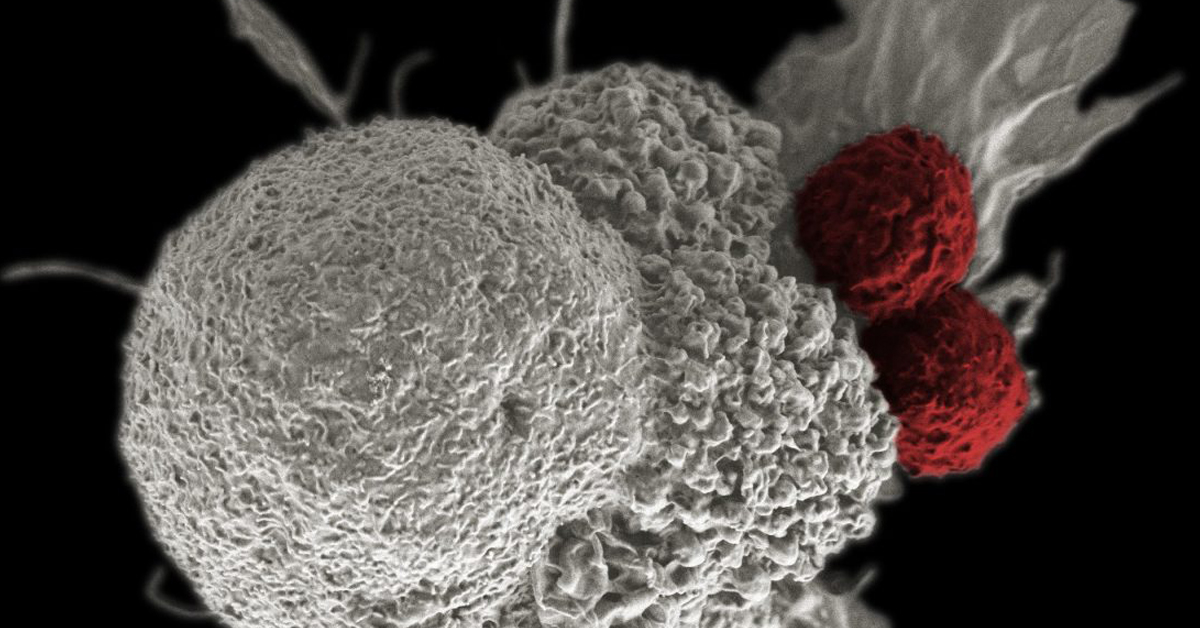This week, the Innovation Partners BioBlog focuses on oncology research and drugs. Eli Lilly purchased Loxo Oncology this week while Sanofi and Regeneron extended and restructure their immune-oncology agreement. Takeda struck three new deals which will help their oncology R & D efforts, and Ribon raised millions to fund clinical trials. This and more in this week’s Innovation Partners BioBlog.

Eli Lilly to buy Loxo Oncology for $8 billion in huge bet on cancer genetics
Eli Lilly announced its plans to buy startup Loxo Oncology for $8 billion. The move enables Lilly to acquire Loxo’s line of cancer medicines, including one that is currently on the market, and increase Lilly’s market share of oncology products. Loxo’s first medicine, Vitrakvi, was approved by the Food and Drug Administration in November based on evidence that it can shrink tumors in 75 percent of patients whose cancer tests positive for a particular kind of genetic mutation.
Read More
Sanofi gets opt-in rights to two Regeneron cancer drugs
Sanofi and Regeneron have extended and restructured their immune-oncology agreement. This gives Sanofi the ability to opt into the development and marketing of two potential cancer drugs, including one that targets multiple myeloma. Under the restructured agreement, Sanofi will pay Regeneron $462 million, representing the balance of payments due under the original agreement.
Read More
Insurers blame specialty drug costs for rising premiums. This report from California shows why
A new report that compiled drug spending from nine insurers in California found that specialty drugs made up about 3% of prescriptions but account for more than half of prescription drug spending for the year. The most frequently prescribed specialty drugs included HIV drug Truvada, immunosuppressant Humira, insulin therapeutic Humalog, diabetes drug Victoza and hormonal agent Androgel. The most costly specialty drugs by total annual prescription drug spending included Humira, arthritis drug Enbrel, Truvada, psoriasis and psoriatic arthritis drug Stelara and multiple sclerosis drug Copaxone.
Read More
New Study Examines Orphan Drug Exclusivity and Pricing
The seven-year market exclusivity granted to drugs under the Orphan Drug Act of 1983 for rare diseases is working as intended, according to a report commissioned by the National Organization for Rare Diseases and published by the IQVIA Institute. The report found that orphan exclusivity did not inappropriately prevent generics and biosimilars from entering the market. The lack of generic competitors can be attributed to their prospective return on investment being too low.
Read More
Takeda strikes three new immuno-oncology deals
Takeda announced three new immuno-oncology deals this week with Memorial Sloan Kettering Cancer Center, Noile-Immune Biotech, and Humabody from Crescendo Biologics. These deals expand Takeda’s work in oncology R&D especially around the work of cell-based therapies. The company will continue its work into the cancer-immunity cycle to seek cures for cancer.
Read More
For CAR-T Cancer Fighters in the Real
CAR-T therapies are proving to be both effective and safe, according to a report. CAR-T, axicabtagene ciloleucel (Yescarta) from Gilead Sciences, has produced an effective response with few side effects. A second CAR-T drug, tisagenlecleucel (Kymriah) from Novarti, has, however, experienced manufacturing problems. The drug itself showed great promise in clinical studies. Both drugs requires a patient’s T cells to be extracted, genetically modified in a lab, nurtured so the cell population expands, and shipped back to the patient.
Read More
Ribon Raises $65M to Pursue PARP-Blocking Pills for Cancer
Ribon Therapeutics raised $65 million to continue its research into PARP-blocking cancer treatments. PARP inhibitors block a DNA repair mechanism in breast and ovarian cancer. Ribon sought financing to bring its drugs to clinical trials this year. The Ribon series of drugs disable monoPARPs so that cancer cells are overwhelmed by the stress and die.
Read More




